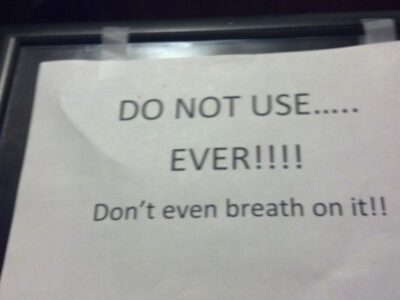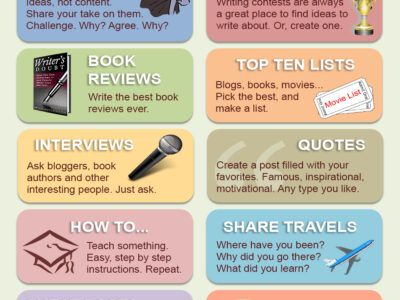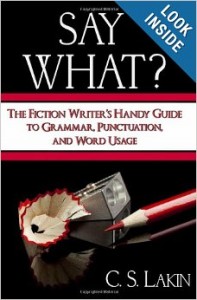Stuck
I have a torus palatinus. No, that’s not some obscene fetish. An oral tori is bony growth that occurs on the palate or jaw. Common, harmless, and normally painless, mine is on the roof of my mouth and doesn’t usually bother me.



If you need another example of the confusion that reigns in the English language, I tackle another set of confusables today: choose - chose and loose - lose. Even though they look similar - normally a hint for rhyming words, there's not a rhyming pair in the bunch.

Judging from this sign I saw recently on a computer terminal at an eatery, I’m not the only one who has to stop and think about when to use breath and when breathe is the right choice.

Not every question requires a question mark. Trust me.

When he was young, our oldest son sang out “homey, homey,” whenever we pulled into the driveway from an out-of-town trip. I use that rather homely introduction to home in on the Word of the Week.

I recently edited a paper that included an inordinate number of scare quotes. The writer may have thought he was doing readers a favor by placing quotation marks around a word he was introducing or using in an unusual or nontraditional way. But really, it was just plain scary the number of times they were used.

Homonyms trip up many a writer. You know, those pairs of words that sound alike but have different spellings and often vastly different meanings. Occasionally they come in threes—like to, two, and too.



It doesn’t seem like it should be such a big deal whether you use toward or towards in a sentence like this:
